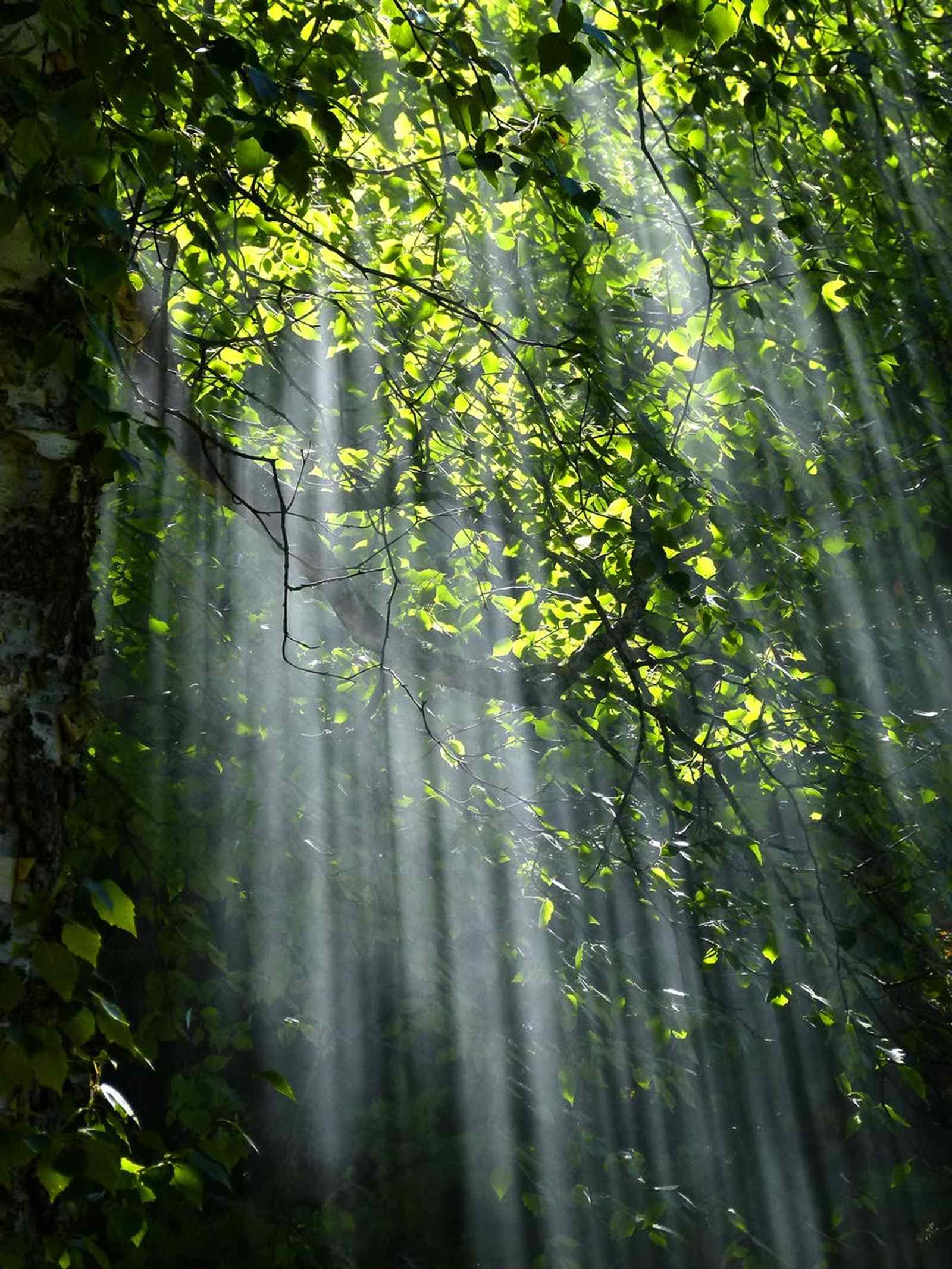If Nothing is Sacred: Secular Transcendence
If there’s a word I miss from my religious life it’s “sacred.” In my upbringing, God was inked into every pixel of life. I was taught that each time I stood up for a just cause, experienced love or found peace in the storm, the experience had been orchestrated by God, and was therefore something more than the experience itself. So when my faith came to an end, it felt as if my life flattened in some way. I’d lost that “each experience is more than itself” aspect.
In time, though, I began to see that many experiences are vibrant in themselves, evoking reverence and awe. You could even say they’re “sacred” in the most secular sense, if that doesn’t completely warp the meaning of the word.
Natural Beauty. As a Christian I was taught to look beyond beauty to its creator. Even now I see friends post photos of sunsets with the subtext: “Isn’t God an amazing artist?” For a short time, after I left religion, I felt that if nature didn't point to something beyond itself I couldn’t take pleasure in it anymore. Then one evening I took a walk under a green-tinted sky. I came to a row of white-blossomed crepe myrtles bowing in a stiff wind and could feel the storm blowing in right down to my fingertips. Somehow it felt like a "holy" moment. The scene didn’t need a subtext or an artist behind the scenes. It was complete in itself and filled me up with its “just-thereness.”
Family. I was taught that marriage and parenthood were consecrated. So I had to ask if my love for my daughters was the same if they hadn’t been placed in my life by God? That didn’t take long to sort out. I’ve loved my girls through the babymoon days and the days that made me want to bang my head against the wall, through the warm, snuggly times and through the outbursts and times of feeling like a mom-failure. Loving through thick and thin is such a substantial act after all, why does it need a god to consecrate it?
But there was one important difference. Loving through better or worse no longer had to mean staying together "no matter what." I’d been in a marriage that was painful and destructive for both of us, and for our kids. I no longer had to perform any thought contortions searching for a scriptural loophole that would allow us to leave. The door was open and we were free to go.
Vocation. Can we be said to have "a calling" if there is no one doing the calling? I know I feel “called” to write. Like Jonah and the whale, I say I’m going in the opposite direction but end up right back where I said I wouldn’t go (my laptop). I find meaning and my place in the world when I’m writing. Maybe I’ve only been called by a combination of my DNA and life experiences. But there are times that the joy and the struggle are so exceptional it feels like I’m standing on holy ground.
Making the ugly beautiful. Finally, nothing says sacred like turning the gritty stuff toward some higher purpose. How do we deal with impending death, assault, or crushed dreams, for example, if there is no god who sticks by us through life and death, height and depth and can turn all things to work out for good (Romans 8)? In much the same way as people with religion do. When I first left religion it was especially hard not having a Bible or prayer to turn to on the difficult days. But then I rediscovered poetry, and started leafing through my old philosophy books. I even found a few nuggets in the Bible that made sense from a secular viewpoint. And I could look within myself for unexplored reserves. It was obvious, really.
No sane person, religious or atheist, seeks suffering but when the inevitable happens and we come through on the other side (or just come to the end), if we're fortunate, the pain has forged something new in us – depth, courage, wisdom, empathy and stronger bonds with those who stood by us. It's not a god who works things out for our greater good, but us; we’re the ones who transform our stories and the stories of those who need us.
I’ll be honest. I still miss the word “sacred.” I’m a word person and there isn’t a secular umbrella word for everything that’s life-affirming and definitive. But it was a worthwhile exercise to explore what I felt was missing. Because once I took a hard look, I saw that creating goodness, transcending heartbreak, and seeking beauty is something humans have been doing all along, in or out of religion. You could say it’s what being human is all about, even if we don’t have the perfect secular word to describe it.

